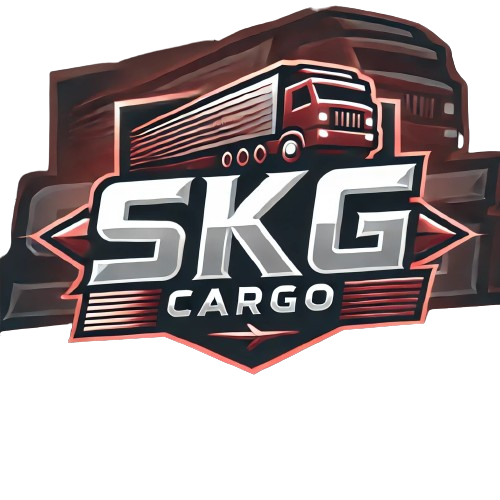
The logistics envelope, or “Enveloppe Logistique Obligatoire” (ELO), is set to revolutionise the way export and import references are paired and transmitted within the European Union (EU).
While the use of the logistics envelope has been optional in the past, it will become mandatory with the implementation of the ELO system. The system is currently being tested and estimated to be made available around the 16th April 2025, with full enforcement scheduled from the 1st September 2025.
This change will have significant implications for international freight carriers and shippers, requiring them to adapt their operational processes to ensure compliance. Understanding what the ELO entails, its purpose, and the steps necessary for compliance is crucial for seamless cargo movements across EU borders.
What is the Enveloppe Logistique Obligatoire (ELO)?
The ELO is a standardised logistics envelope used for the transmission and pairing of EU export and import references. It functions as a digital framework that consolidates essential shipment data into a single document or digital record. By mandating this system, authorities aim to streamline customs procedures, enhance traceability, and ensure compliance with EU regulations.
Previously, the logistics envelope was optional, meaning carriers and shippers could choose whether to use it. However, with the ELO now becoming compulsory, all parties involved in international freight transport will need to integrate it into their operations.
Why is the ELO Becoming Mandatory?
Several key factors have influenced the decision to make the ELO a mandatory requirement:
- Improved Customs Efficiency – The ELO facilitates faster and more accurate processing of export and import declarations, reducing delays at customs checkpoints.
- Enhanced Traceability – By consolidating relevant shipment data, the ELO improves transparency and accountability in freight movements.
- Regulatory Compliance – The EU aims to standardise the declaration process, ensuring that all shipments adhere to the latest regulations.
- Reduction of Errors and Fraud – A structured digital approach minimises discrepancies and the risk of fraudulent documentation.
- Harmonisation with EU Digital Initiatives – The move aligns with the EU’s broader goals of digital transformation in logistics and supply chain management.
Key Dates for ELO Implementation:
- 1 April 2025 – The ELO system will be introduced and available for use by carriers and shippers.
- 1 September 2025 – The use of the ELO will become mandatory for all freight movements requiring the pairing of export and import EU references.
Failure to comply by the mandatory deadline may result in delays, penalties, or shipment rejections at customs checkpoints.
How Freight Carriers and Shippers Can Prepare:
To ensure a smooth transition to the mandatory ELO system, international freight carriers and shippers should take the following steps:
1. Understand the Requirements
- Familiarisation with the specific data elements that must be included in the ELO.
- Ensure that documentation processes align with EU customs expectations.
2. Upgrade Digital Systems
- Evaluate and update existing logistics management systems to integrate the ELO framework.
- Work with software providers to implement necessary modifications to digital customs platforms.
3. Train Staff and Partners
- Conduct training sessions for logistics and customs teams on the correct usage of the ELO.
- Communicate with freight partners, brokers, and clients to ensure alignment with the new requirements.
4. Stay Updated with Regulatory Changes
- Regularly check EU customs updates and guidelines for any refinements to the ELO requirements.
- Engage with industry associations and regulatory bodies for the latest insights.
How Efret Can Help:
Efret is committed to supporting its customers and partners through the transition to the mandatory ELO system. With extensive experience in European freight logistics and customs processes, Efret can provide tailored solutions to ensure seamless compliance and efficiency.
- Expert Consultation – Efret offers guidance on ELO requirements, helping customers understand and implement the necessary changes.
- Real-Time Monitoring – Efret helps customers track and manage their shipments to avoid delays and regulatory issues.
- Customs Liaison – Efret’s in-house customs team works closely with authorities to streamline declarations and minimise processing times.
Conclusion:
The mandatory implementation of the Enveloppe Logistique Obligatoire (ELO) represents a significant shift in EU freight logistics process. While this transition may require initial adjustments, it ultimately aims to create a more efficient, transparent, and secure customs process.
By proactively preparing for the change, international freight carriers and shippers can ensure compliance, avoid delays, and capitalise on the benefits of a more structured logistics environment. Ensuring readiness before the 1st September 2025 deadline will be critical to maintaining seamless operations within the EU market.
By partnering with Efret, freight carriers and shippers can navigate the complexities of the ELO transition with confidence, ensuring timely and compliant shipments within the EU market.

